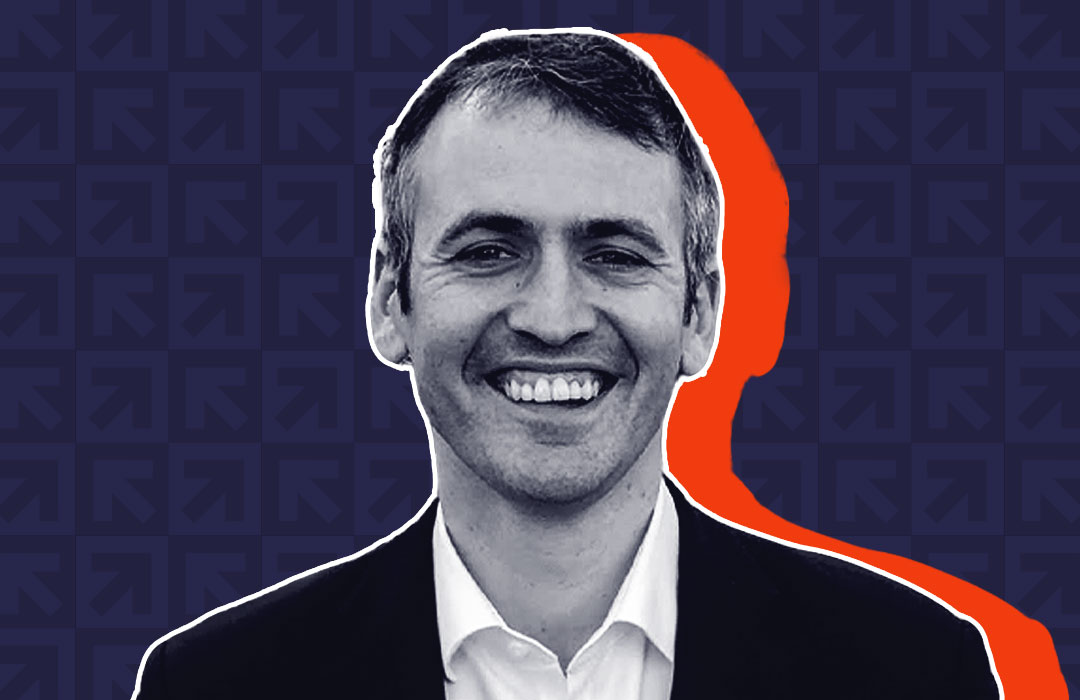Before attorney Jonathan Petts co-founded Upsolve, a nonprofit that helps struggling Americans file small bankruptcy claims, he made his living helping struggling corporations file large ones.
“The biggest companies in our country — Chrysler, General Motors — have used the bankruptcy process to get a fresh start,” Petts says. “We don’t see that as a shameful event, but somehow when we are talking about an individual we tend to see it as a really shameful thing — when it shouldn’t be.”
Though Chapter 11 bankruptcy looms large in the public imagination, fewer than 5,000 businesses filed last year. Much more common is Chapter 7: a type of personal bankruptcy designed to help people with low incomes and few assets clear their debts.
“Bankruptcy is this super powerful poverty-fighting tool, but the people who need it most in our country are least able to access it,” he says.
Enter Upsolve, which guides users through the complex, expensive process of filing for bankruptcy. Since 2016, more than 10,000 people from across the country have filed for Chapter 7 with Upsolve’s simple online tool. In total, Upsolve has helped discharge over $538 million in debt without charging users a penny.
Upsolve users are disproportionately likely to be people of color and find themselves in tough financial straits after a medical emergency, job loss or divorce. On average, they earn near-poverty-level wages and have just $250 in their checking accounts. In other words, they could not be more different from a megacorporation.
The main barrier to filing for bankruptcy is the cost of hiring an attorney, which averages $1,500. People who file with an attorney are much more likely to get their claims accepted, mostly because the forms are so complicated. (Courts also charge a $335 filing fee.)
The kicker? Upsolve users regularly tell Petts that if they had the money to pay an attorney, they wouldn’t need to file for bankruptcy in the first place.
Petts, who did pro bono work in his spare time before starting Upsolve, first heard that sentiment in 2015 from a woman who was trying to discharge $40,000 in medical debt following a car accident. The conversation stuck with him. He brought it up when he met Rohan Pavuluri, then an undergraduate at Harvard, who convinced him the process could be automated. (Petts recently took over from Pavuluri as CEO.) Together, they brought on a third founder, Mark Hansen, to run the tech side of things.
Today, Upsolve describes itself as TurboTax for bankruptcy, using software to simplify a normally complicated task. Instead of filling out a 90-page, jargon-filled document, users answer a series of questions about their financial situation. For instance, the site asks, “why are you filing for bankruptcy?” (Options include “I lost my job” and “medical bills.”) Once users complete the questionnaire and a mandatory credit course, they can generate the forms they need and file.
Ultimately, Upsolve's ambition is to go from being the biggest bankruptcy filing organization in the country (not a high bar, Petts notes) to the biggest bankruptcy prevention organization in the country.
Eventually, the hope is to make it cheaper and easier to deal with all sorts of legal issues. Upsolve is already helping DREAMers and asylum-seekers get work permits and has sued the state of New York for the right to train non-lawyers to give basic legal advice.
Upsolve’s tagline is “civil rights should be free” — a motto Petts takes to heart.
“Eighty percent of Americans who have a legal problem can’t afford lawyers,” he says, citing data from the Legal Services Corporation. “There are so many areas of the law where we think trained non-lawyer professionals could really expand access to how people get economic opportunity.”






